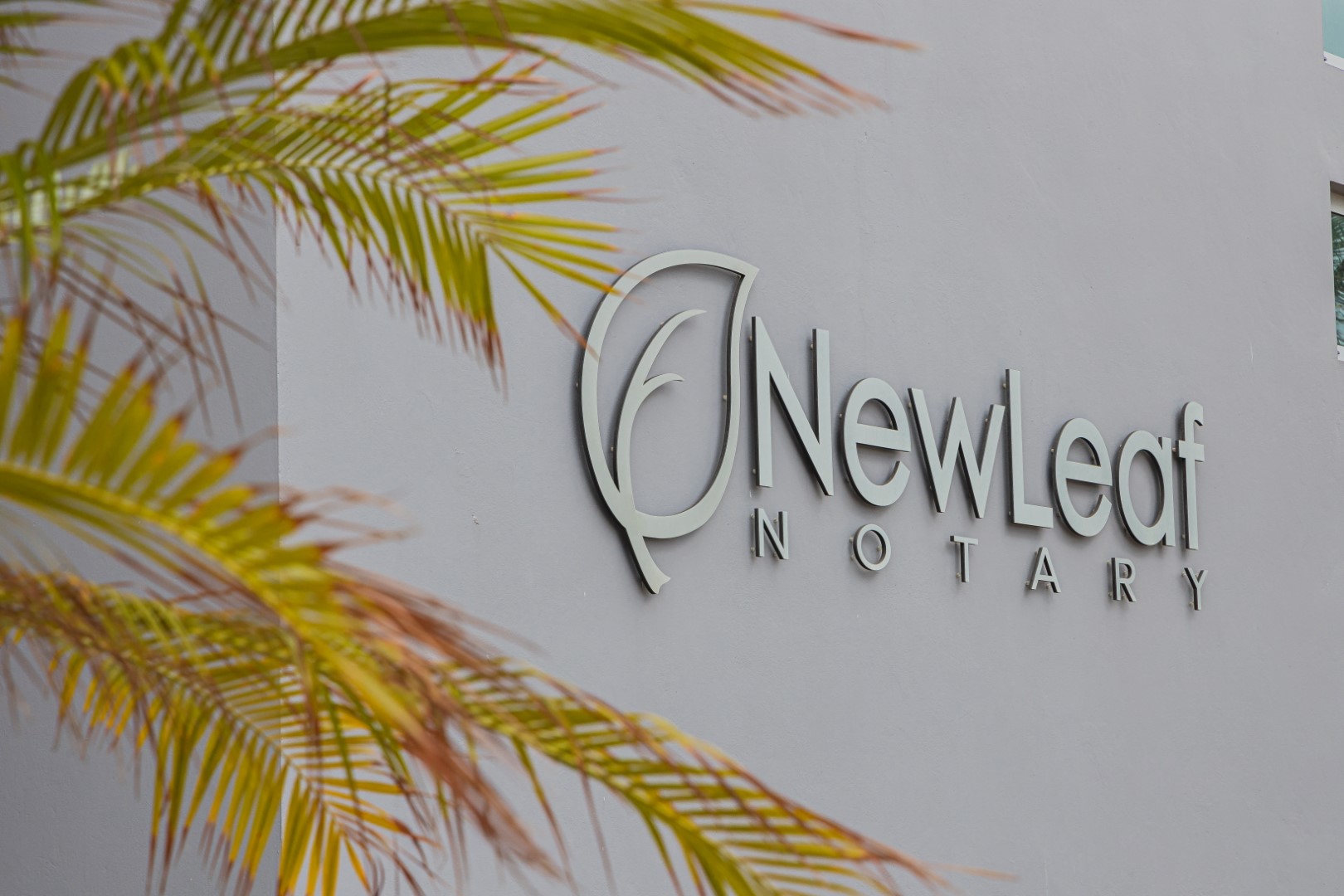Pursuant to the National Ordinance on the Notary Profession and the National Ordinance to Combat Money Laundering and the Financing of Terrorism, the notary is required in certain transactions such as real estate and corporate practice to identify her client and investigate the client’s sources of funds and wealth.
Client due diligence
How extensively the notary should investigate depends on the risks of money laundering or terrorist financing. Circumstances that affect those risks include:
- Whether the client is a foreigner;
- Whether the client is active in an industry known to be susceptible to money laundering, or finances with funds related to such an industry;
- Whether the client, the transaction or the funds used are related to a country known to have a higher risk of money laundering or terrorist financing;
- Whether the client appears in the media with reports that increase the risk of money laundering or terrorist financing;
- Whether the service requested from the notary fits the client;
- Whether the client holds or has held an important political position, thus creating a risk of corruption.
In other words, the notary’s investigation varies from case to case. And under some circumstances the notary must inquire further.
As to what the notary must investigate, this is stated in the National Ordinance to Combat Money Laundering and the Financing of Terrorism. It involves the following components:
- The identity of the client (and the representative if there is one);
- The purpose and background of the requested services;
- Whether representatives are authorized to represent;
- Whether the client is really acting on his/her own behalf, or actually on behalf of someone else;
- For financial transactions: where the funds (or other financial resources) being used come from (in order to prevent the use of illegal money);
- For legal entities and corporations: how the structure (ownership and control) is and who the ultimate beneficial owners (UBOs) are;
- Whether the client or UBO is a politically exposed person.
Identity of natural persons as clients
Nationals of foreign countries can have their identity verified on the basis of a valid national passport. Nationals of Aruba can be identified through a valid identity card with passport photograph or a valid driving license with passport photograph.
